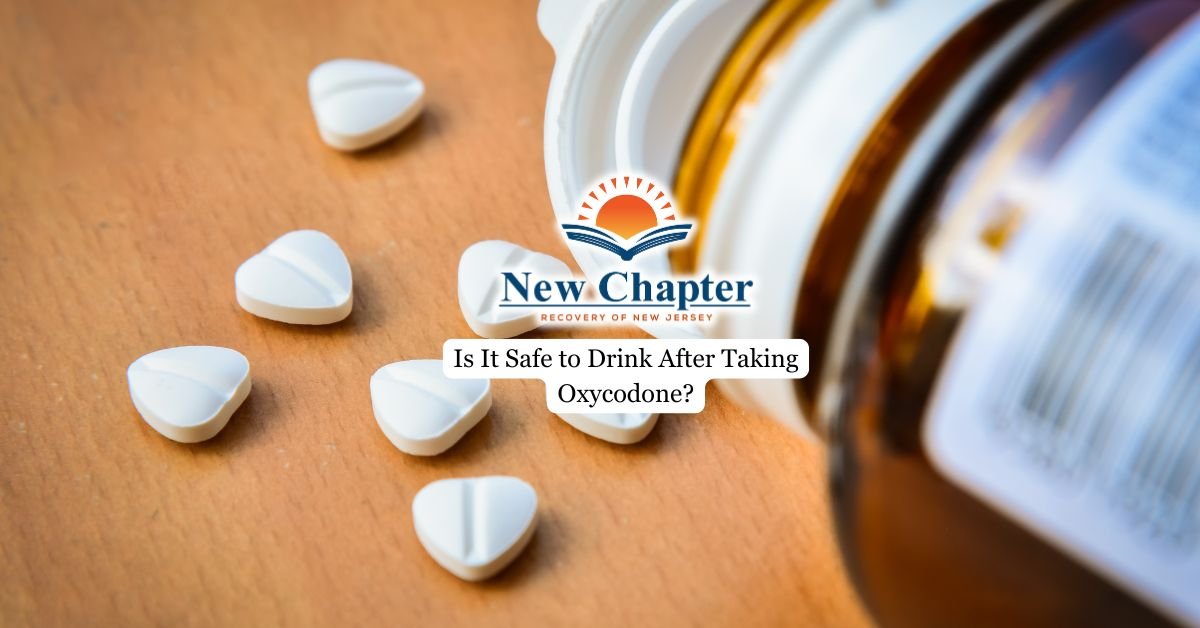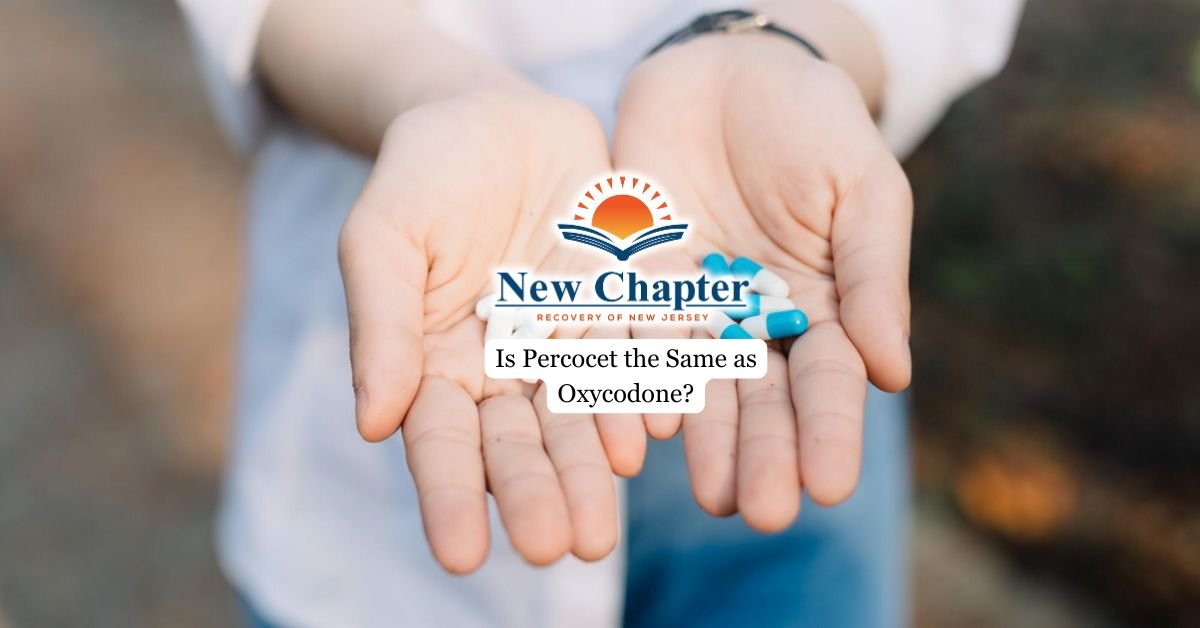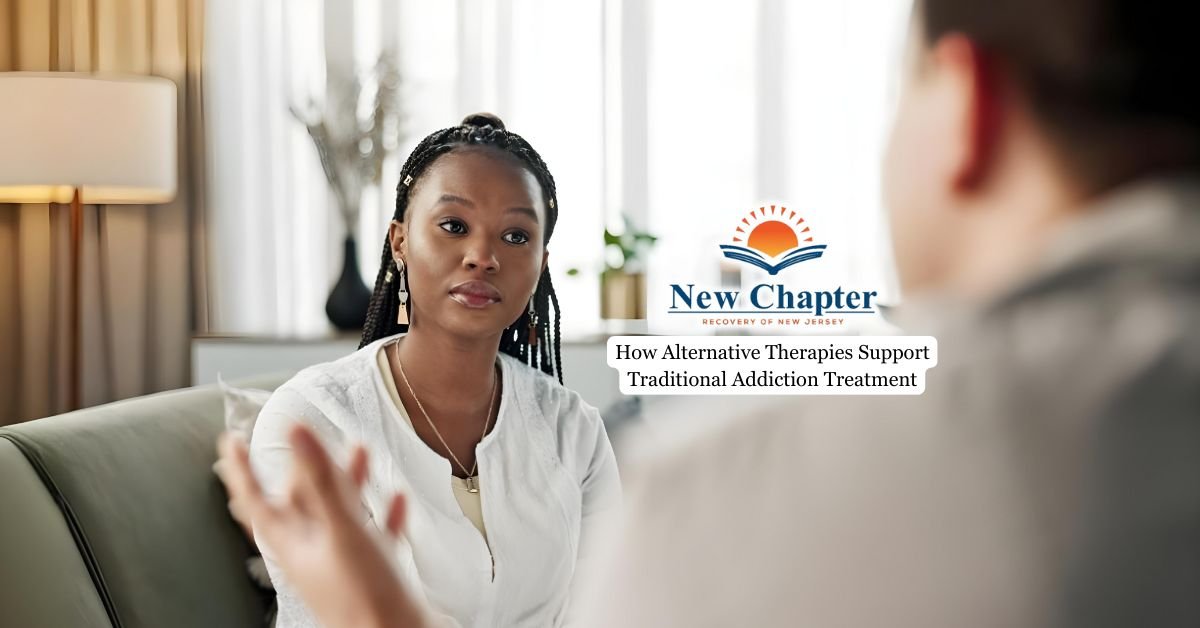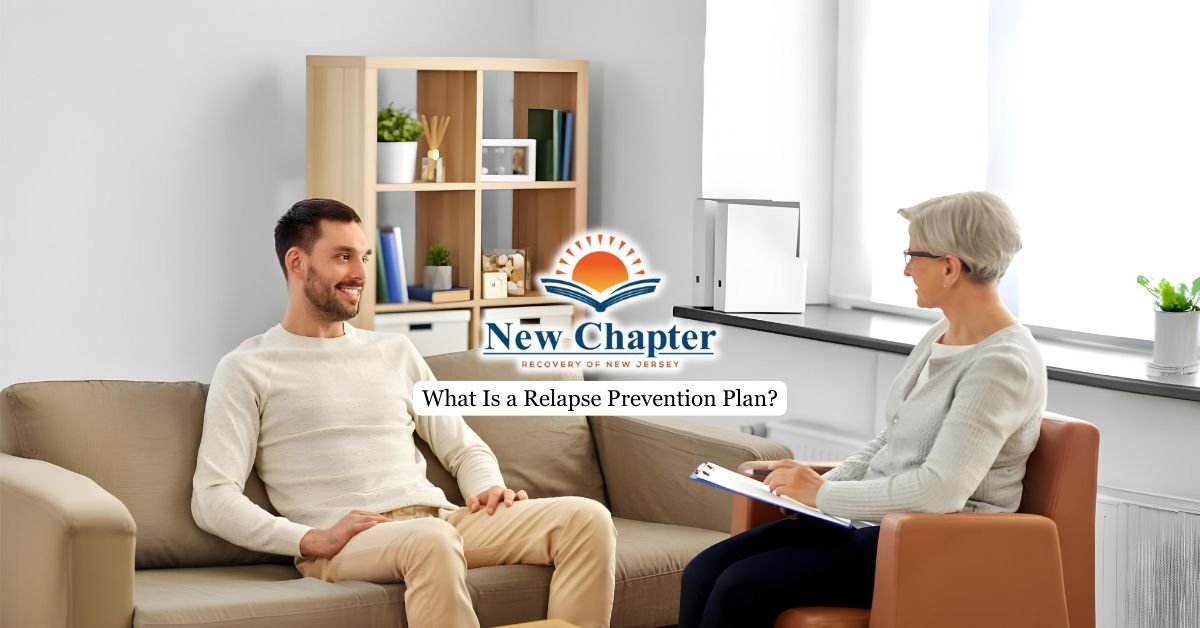The holiday season is often a time of joy, connection, and celebration. However, for individuals in recovery from substance use disorders, it can also present unique challenges. Increased exposure to alcohol, tense family dynamics, financial pressures, and changes to daily routines can all create vulnerabilities that increase the risk of relapse.
This article teaches you how to build a relapse prevention plan, so you can navigate the season with confidence, maintain long-term sobriety, and find meaningful ways to celebrate.

Recognizing Holiday Triggers
The first step in relapse prevention is identifying potential triggers. During the holidays, these can take many forms. Emotional triggers such as loneliness, grief, or anxiety often resurface during this season, particularly when expectations are high or family relationships feel strained.
Social events may normalize drinking or drug use, making it more difficult to resist temptation. Even advertising and cultural traditions often glamorize alcohol use, creating added pressure. Acknowledging these risks ahead of time can help you build a plan that addresses them directly and reduces their impact on your recovery.
For many people, finding the best rehab that provides a structured relapse prevention plan as part of addiction treatment is an essential step, ensuring that they have professional guidance, coping strategies, and ongoing support to navigate high-risk situations like the holidays.
Strengthening Your Support Network
A strong support system is one of the most effective tools for preventing relapse. Staying connected with trusted friends, family members, or recovery peers provides encouragement and accountability. Attending support group meetings more frequently during the holiday season, whether in person or online, can help you process challenges in a safe, understanding space.
Many communities also offer sober holiday events, giving you the chance to celebrate in environments that align with your recovery. Remaining engaged with your network not only reduces isolation but also helps you stay grounded during stressful moments.
Setting Boundaries With Confidence
Boundaries play a crucial role in protecting sobriety during holiday gatherings. Communicating your needs clearly, such as politely declining offers to drink or setting limits on how long you will attend certain events, can reduce exposure to high-risk situations.
Boundaries are not about avoiding loved ones but about creating an environment where your recovery is respected. Pairing these limits with regular check-ins from your support system can further strengthen your ability to stay on track.
Choosing Meaningful Alternatives
Recovery does not mean missing out on joy or celebration. Finding meaningful, sober-friendly alternatives can make the holidays more fulfilling. Volunteering at a local food bank, spending time outdoors, or exploring creative hobbies are all healthy outlets that reduce stress while reinforcing a sense of purpose.
Hosting or attending substance-free gatherings provides opportunities to build new traditions centered on connection and well-being. Planning these activities ahead of time ensures that you can fully enjoy the season without unnecessary risk of slipping back to substance abuse.

Practicing Daily Self-Care and Mindfulness
Maintaining balance during the holidays requires consistent self-care. Prioritizing healthy sleep, nutrition, and exercise supports both physical and emotional resilience. Mindfulness practices, such as meditation, journaling, or breathing exercises, can also reduce cravings and improve stress management. Establishing a daily routine that incorporates these practices helps provide stability, even when external circumstances feel unpredictable.
Planning for Travel and Events
Travel and large gatherings often introduce additional stressors, but planning in advance can help. Booking sober-friendly accommodations, arranging reliable transportation, and identifying exit strategies allow you to maintain greater control over your recovery environment.
Bringing your own non-alcoholic beverages or attending events with a supportive friend can also make these situations more manageable. By preparing ahead, you can reduce unexpected challenges and keep on staying sober.
Managing Finances and Holiday Stress
Financial pressure is a common but often overlooked trigger during the holidays. Overspending, debt, or feelings of inadequacy tied to gift-giving can lead to stress that threatens addiction recovery.
Setting a realistic budget and focusing on meaningful rather than material gifts can ease this pressure. Communicating financial boundaries with loved ones helps reduce expectations and keeps stress in check. Managing holiday demands in practical, balanced ways supports both emotional health and sobriety.
Final Thoughts from New Chapter Recovery
The holiday season can be one of the most challenging times to maintain sobriety, but with intentional planning and self-awareness, it is possible to thrive. Recognizing triggers, strengthening your support system, setting clear boundaries, choosing sober alternatives, and practicing daily self-care are all key components of a strong relapse prevention plan. With preparation, the holidays can be enjoyed in a safe, meaningful, and sober way.
At New Chapter Recovery, our addiction specialists in NJ, work closely with adults and adolescents to create personalized relapse prevention strategies tailored to the unique challenges of the holiday season. By addressing both external triggers and internal coping skills, we help individuals safeguard their recovery during vulnerable times and carry their progress forward long after the holidays are over.






